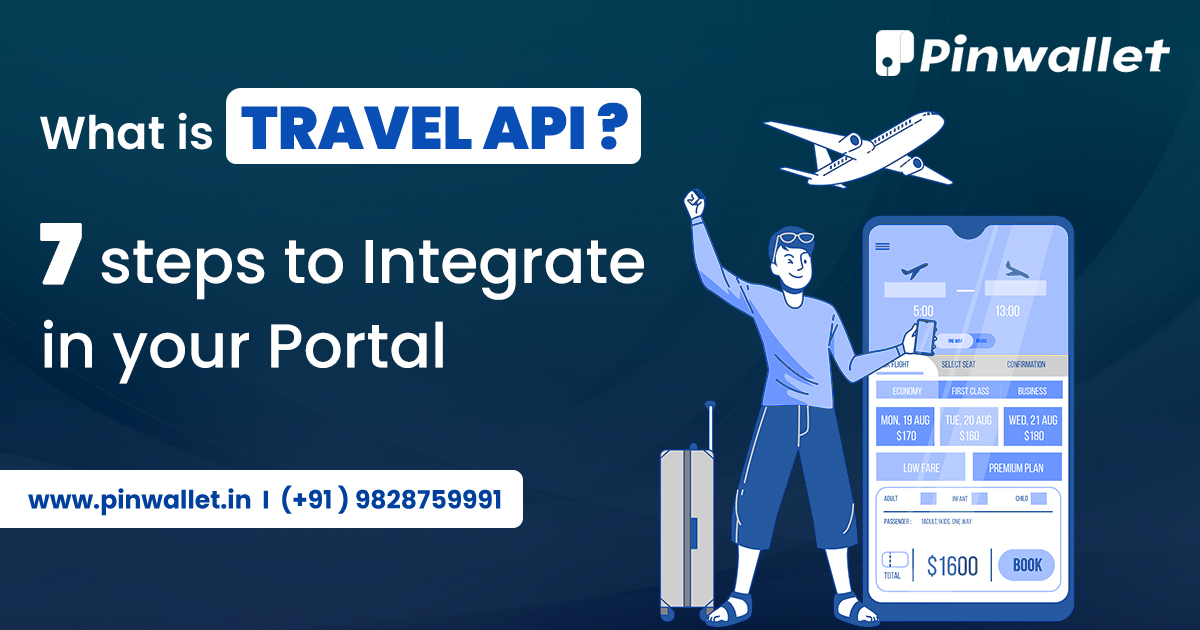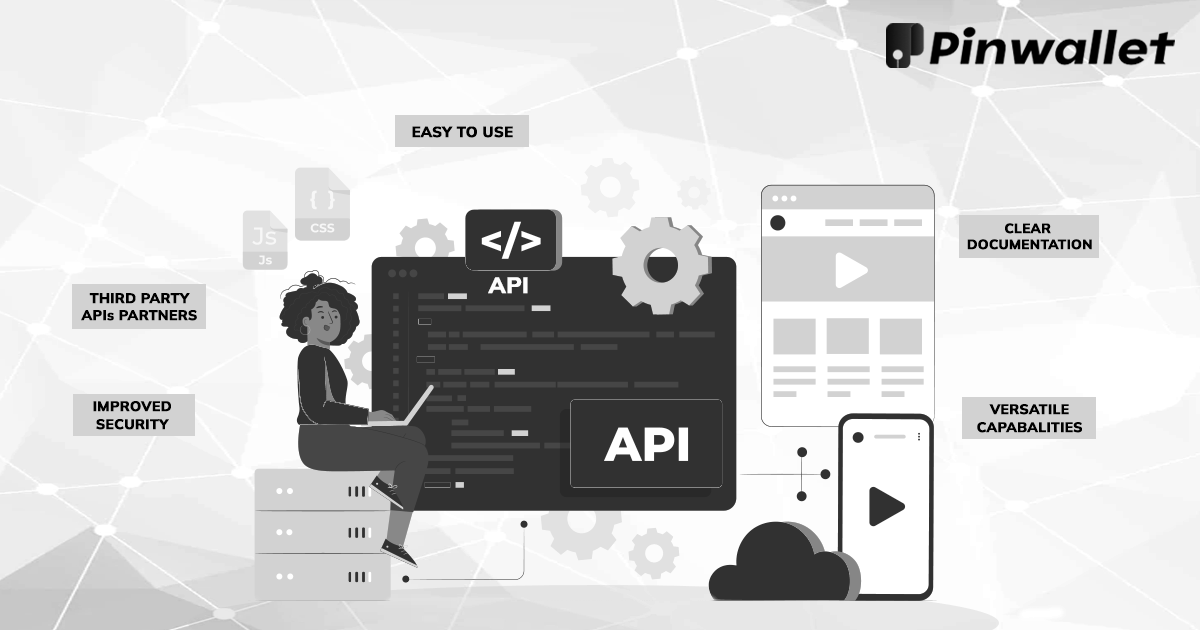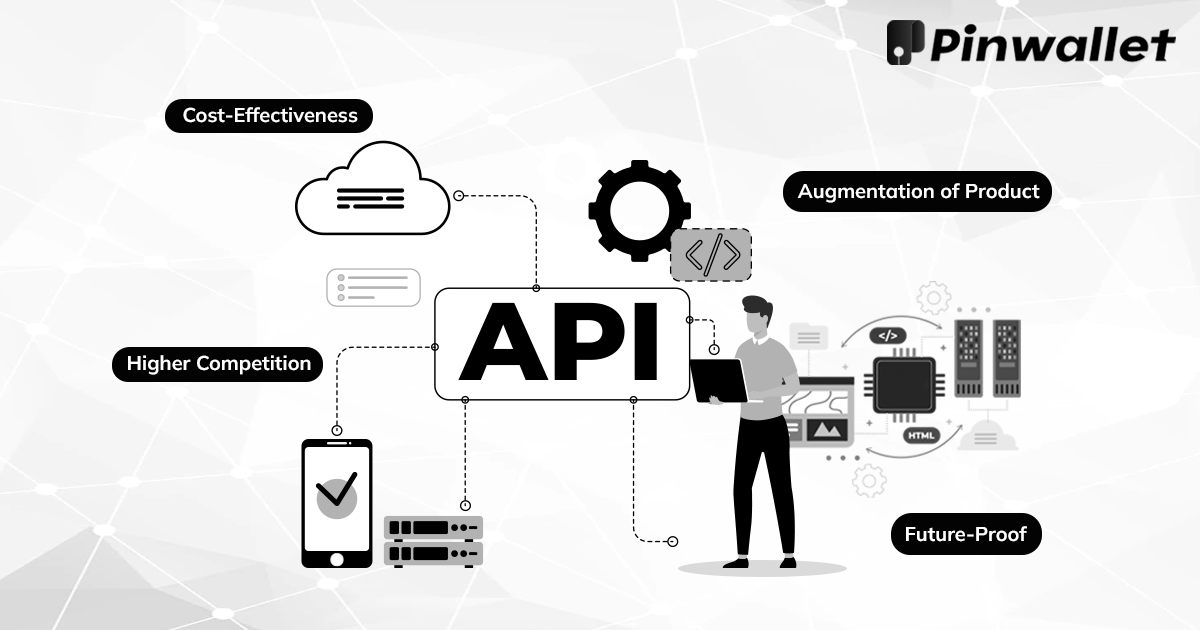What is Travel API? 7 Steps to Integrate in Your Portal

Publish date: Apr 14, 2023
Looking to integrate travel services into your business software? Check out best travel API service provider with 7 easy steps to integrate.
Application Programming Interfaces (APIs) for the travel sector are an effective tool for the sector, enabling travel organizations to integrate a wide range of data and services linked to travel-related activities, hotels, car rentals, and flights into their own apps or portals. In this post, we'll examine what Travel APIs are, how they operate, and why incorporating them into your travel website is advantageous. Also, we will outline the seven actions you need to take and explain the significance of integrating a travel API into your site.
What are Travel APIs?
A collection of protocols, procedures, and tools known as a travel API enables the communication between various software programs used in the travel sector. These APIs give programmers access to and integration capabilities for several data sources, including flights, lodging, vehicle rentals, activities, and other travel-related businesses. Itinerary planners, booking sites, and bespoke trip search engines may all be created using this data.
Developers often get access to real-time availability and price data as well as details on travel-related topics such as destinations, flights, hotels, and more using travel APIs. This information may be used by developers to provide unique travel options that cater to the individual requirements of their consumers.
How do Travel APIs work?
RESTful design is frequently used in travel APIs, enabling developers to send HTTP queries to the API. These queries are often made using an HTTP GET or HTTP POST request, depending on whether data is being sent to the API for processing or being retrieved from it.
Travel APIs frequently need authentication, which implies that in order to send calls to the API, developers must first get an access token or API key. This makes it easier to guarantee that only people with permission may access the information and services the API offers.
A travel API is an application programming interface that gives third-party developers access to travel-related data and services, including airline itineraries, hotel availability, and vehicle rentals. Developers may provide their users with a seamless and complete trip booking experience by incorporating a travel API into their site.
Here are 7 steps to integrate a travel API into your portal:
1. Choose a trustworthy travel API supplier that satisfies your company's requirements, like Pinwallet Payments.
2. Sign up for an access token or API key to verify your API requests.
3. To comprehend the API's endpoints and available resources, read the documentation that the API provider has provided.
4. Make a choice on the travel-related data and services you wish to provide your users.
5. Create code to call APIs and parse the data returned.
6. Thoroughly test your integration to make sure everything functions as it should.
7. Keep an eye on the performance and use of your API to improve your integration over time.
Benefits of Travel APIs
Application Programming Interfaces for travel provide a range of advantages for both travel businesses and their clients. The following are a few of the main advantages of using travel APIs:
Real-time Data Access: Travel APIs offer real-time data on hotel availability, flight schedules, and rates, allowing travel agencies to give their clients accurate and recent information.
Customization: Travel APIs can be tailored to the unique requirements of a travel agency or its clients. Travel APIs can provide this degree of customization, for instance, if a travel agency wants to offer a customized vacation itinerary based on a client's preferences.
Better User Experience: By utilizing travel APIs, travel agencies can give their clients a better overall travel experience. Customers don't need to switch between many websites to book flights, hotels, and activities, for instance.
Enhanced Productivity: Several of the procedures associated with booking travel, such as looking for flights and hotels and making bookings, may be automated by using travel APIs. For both travel agencies and their clients, this may reduce waiting times and boost productivity.
Connectivity with other services: Payment gateways and customer relationship management (CRM) platforms can be connected with travel APIs. This can speed up the reservation process and enhance the client experience in general.
General Features of Travel APIs
The majority of the time, travel APIs include a number of capabilities that let travel agencies add travel-related information and functionality to their websites, mobile applications, or their software programs. Following are a few general attributes of travel APIs:
• Search and Booking
• Pricing & Availability
• Payment Options
• Analytics and Reports
• Travel Guide
Conclusion
So, that’s all for a lot of information related to travel APIs. By integrating travel APIs into their portals, travel companies can offer a wide range of travel-related content and functionality. Overall, to run your businesses seamlessly, many of the travel agencies have availed the API integration services from Pinwallet Payments, which is a reputable firm in the business! With integrating Pinwallet Payments’ Travels APIs customers have felt an outstanding and personalized booking experience. By leveraging the power of travel APIs, travel companies stay competitive and meet the evolving needs of their customers, while driving revenue and growth for their business.




